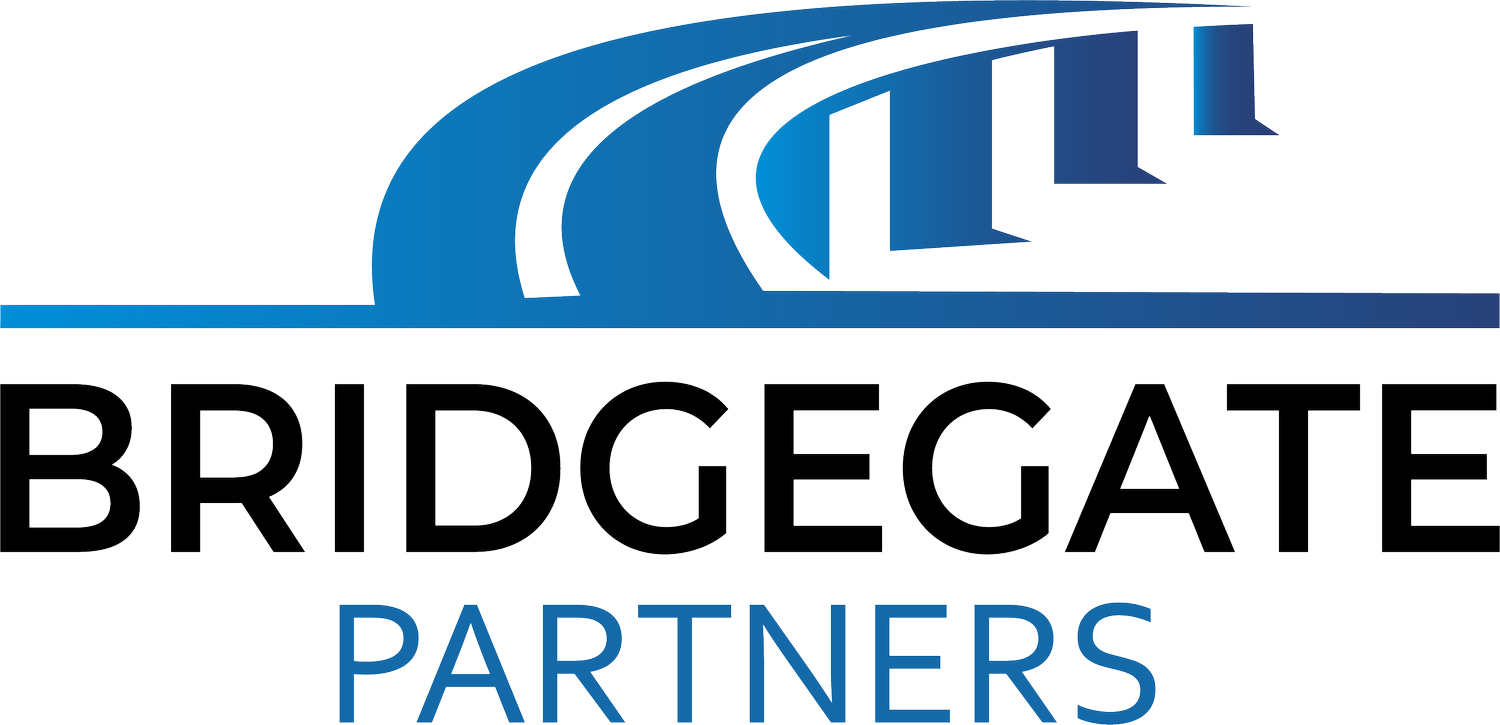7 Key Steps to Successfully Exit A Business
Are you an owner looking to exit a business? Sadly, over 70% of business owners who intend to sell their business fail to do so. As a business exit coach I want to share my 7 keys to ensuring you are one of the 30% who successfully sell their business and maximize the value you get out of it.
You’ll learn to:
Understand the importance of getting a professional business valuation
Focus on profitability rather than just revenue to make your business more attractive
Thoroughly document your business systems and processes to transition smoothly as you exit a business
Carefully vet potential buyers to ensure they are a good fit and can meet their financial obligations
Key Moments:
00:19 - Set A Realistic Asking Price
00:55 - Prioritize Profitability Over Revenue
01:18 - Organize Your Books and Records
02:02 - Find A Good Fit Buyer
7 Key Steps For A Successful Exit
Set a realistic asking price for your business by having a professional valuation expert evaluate your business.
Prioritize profitability over revenue.
Organize your books and records.
Document your systems and processes.
Find a good fit buyer who will treat your clients, customers, and employees the way you do.
Do your due diligence on the potential buyer to ensure they can meet your requirements.
Negotiate effectively based on your interests, not just your positions.
Set A Realistic Asking Price
When you exit a business, it's crucial to set a realistic asking price. Many business owners overestimate the value of their business, which can put off potential buyers. To avoid this mistake, have a professional valuation expert, such as a CPA or ABV-designated professional, evaluate the business and provide a realistic assessment. This ensures that the asking price is in line with market conditions and shows the true value of the business.
Prioritize Profitability Over Revenue
As you prepare to exit a business, it's crucial to focus on profitability rather than just revenue. Buyers are more interested in the business's profitability and growth potential than its overall revenue. By taking steps to improve profitability, business owners can make their business more attractive to potential buyers and increase the chances of a successful sale. This may involve streamlining operations, reducing expenses, or implementing strategies to boost profit margins.
Organize Your Books and Records
Organizing your books and records is a critical step. Potential buyers will want to see well-organized and up-to-date financial records. Show them that your business is well-run and managed. Ensuring that all books and records are in order can also make the due diligence process smoother and more appealing to buyers. As you exit your business, look at what you would like to see if you were buying another one, and put that into place.
Find A Good Fit Buyer
As a last resort, you may simply close the doors and turn in the keys. If your business ceases this way, you’ll sell your assets to cover liabilities. Any remaining assets are distributed to you.
This approach provides a clear end to the business and might be suitable if there are no interested buyers or successors.
Keep in mind simply closing the business usually provides lower financial returns compared to a sale. And it can be emotionally difficult for you and employees and even long-time customers and clients. It’s difficult to create a win-win-win scenario if you close the business without a successor.

